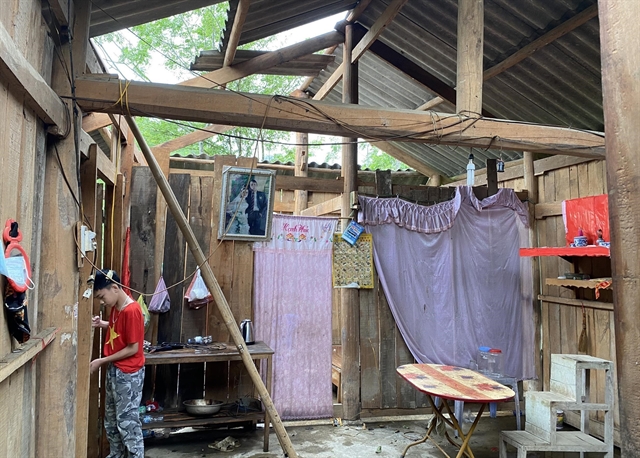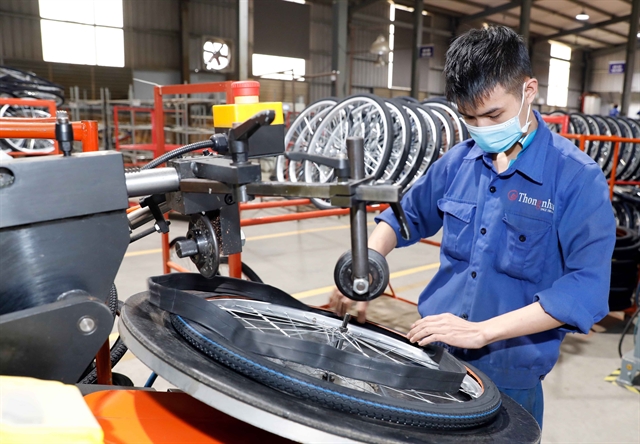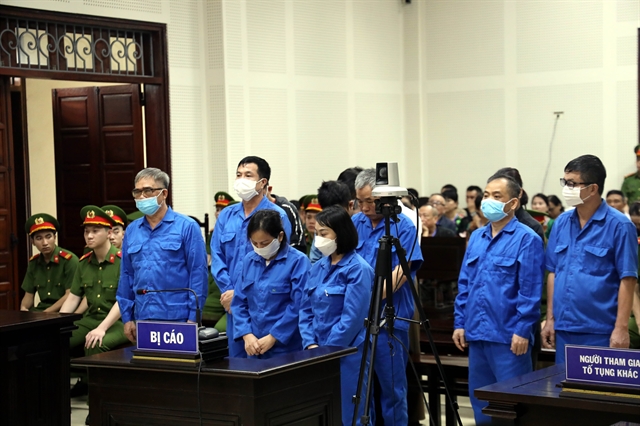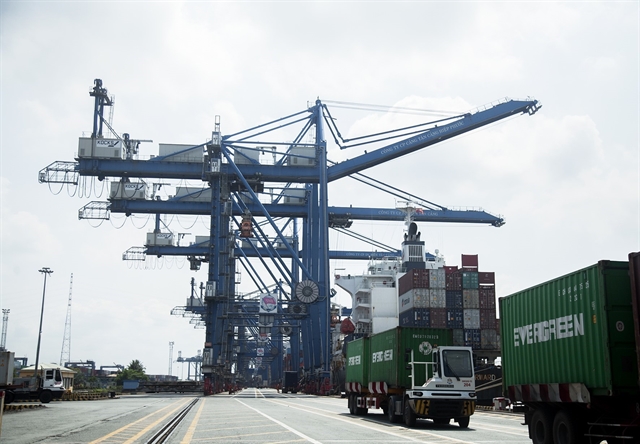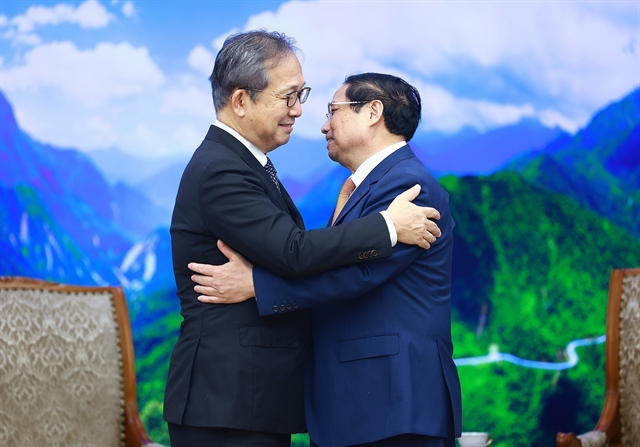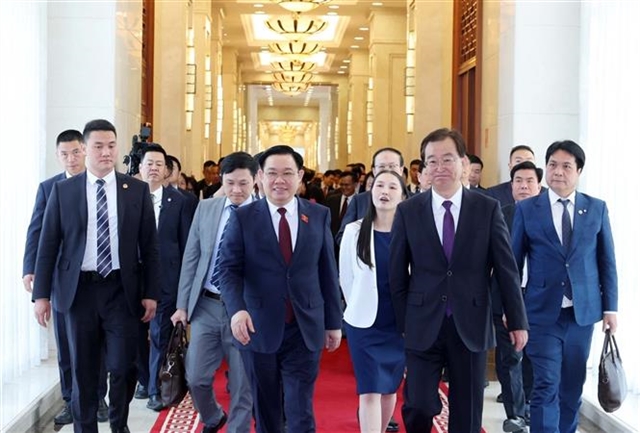

When first emerging as a travel destination, Viet Nam was once proud to be considered one of the top cheap destinations in the world. But in recent years, many destinations in this fast-developing country have been rapidly shedding this reputation by offering luxury experiences and world-class services.
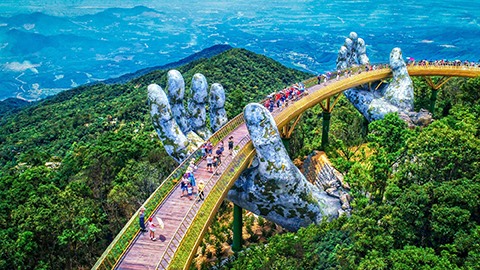
|
Golden Bridge in Sun World Danang Wonders
When first emerging as a travel destination, Viet Nam was once proud to be considered one of the top cheap destinations in the world. But in recent years, many destinations in this fast-developing country have been rapidly shedding this reputation by offering luxury experiences and world-class services.
A doubled-edged sword
The word 'cheap' is a powerful word in consumer psychology. But its meaning is not always the same - or welcome. In the world of tourism services, ‘cheap’ could imply something is good-value but is it a low or high quality product? Many affluent travellers may also turn their nose up at a place or product that is deemed ‘cheap’ or suitable for budget travellers.
For many years, Viet Nam has been seen as a ‘cheap’ or budget’ destination by the global travel industry, but within Viet Nam this tag has increasingly been seen as a double–edged sword, especially as the country seeks to elevate the standard of its services and products to offer more high-end and high-quality experiences to broaden its appeal as a travel destination.
But in 2017, the country was still being touted as a destination for budget travel by the Rough Guides, which ranked Viet Nam third out of the top 20 ‘Best Budget Travel Destinations’ in the world. For many backpackers looking to travel on a ‘shoestring budget’ this certainly maintained Viet Nam’s appeal.
However, for many local companies investing in travel and tourism, the tag has started to rankle, even if it is a fair assessment. But Viet Nam now aspires to showcase that it’s also a worthwhile destination for a wealthier travel segment that will generate high and sustainable revenue flows and bring added value to the country’s socio-economic development.
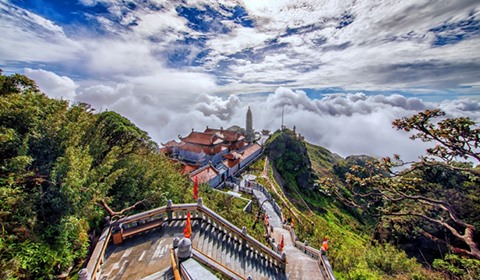
|
Fansipan Legend - SunGroup Photo.
‘Value for money destination’
Of course, there is no harm in informing travellers that they can experience great value for money in Viet Nam. This is not the same as branding a destination as ‘cheap’ or suitable for budget travellers. Highlighting that Viet Nam can offer value for money means the country will be competitive compared to others in Southeast Asia. If the country can entice people to come to Viet Nam as it provides high-quality, value-for-money experiences, these travellers will in turn spend more for tourism products and services.
It should also be stressed that Viet Nam should continue its efforts to streamline lengthy and cumbersome procedures for visa applications in order to make the country an appealing destination - one that people will return to again and again.
Many of the country’s Southeast Asian neighbours, such as Thailand, Malaysia, Singapore, offer more efficient (and free) visa-on-arrival services. This would greatly encourage people to make regular short trips to Viet Nam. It’s noteworthy that Phu Quoc Island has boosted arrivals since introducing a 30-day visa exemption for all visitors (the visa is only applicable to Phu Quoc). Throughout the country, Viet Nam must also continue to develop infrastructure and services to make travel as safe, comfortable and enjoyable as possible—other factors which will make Viet Nam a repeat destination in the eyes of regular travellers.
Generally speaking, Viet Nam’s tourism, hospitality and retail industries have made great strides in recent years. The country now boasts many more luxurious resorts and hotels, better-developed tourism services, high-end restaurants, modern shopping malls and world-class entertainment centres. There is now a very clear new benchmark for quality that has a positive trickledown effect by encouraging everyone to raise their game to meet the expectations of discerning travellers today.
Making a huge splash
In recent years, high-end resorts developed by Vietnamese corporations have made a huge splash in the eyes of the global travel industry. Central Viet Nam’s InterContinental Danang Sun Peninsula Resort has been honored as the ‘world's leading luxury resort’ at the WTA (World Travel Awards) for four consecutive years. JW Marriott Phu Quoc Emerald Bay was named the ‘World’s Best New Resort 2017’, just a year after being put into operation.
Both resorts were developed by Sun Group, which has spearheaded a new approach to the luxury travel industry in Viet Nam. Besides introducing world class accommodations, Sun Group has also invested in modern entertainment complexes and theme parks to make some of Viet Nam’s most popular destinations more appealing for tourists. Sun World Fansipan Legend (Sa Pa, Lao Cai province), Sun World Halong Complex (Ha Long City, Quang Ninh province), Sun World Ba Na Hills (Da Nang), Sun World Danang Wonders (Da Nang) and Sun World Hon Thom Nature Park (Phu Quoc) have all become hugely popular attractions that not only attract more tourists to the destinations, but have encouraged them to stay longer, generating more revenue.
“In the past six, seven years, Viet Nam’s tourism industry has made great progress in term of attracting tourists and sources of investment, improving infrastructure, developing tourism products and services, and introducing policy changes, all of which have spurred on tourism property development,” said Nguyen Van Tuan, the former General Director of the Vietnam National Administration of Tourism.
“The most prominent factor for these accomplishments have been the large-scale projects and high-quality, attractive tourism products developed by top tourism businesses and strategic investors such as Vingroup, Sun Group, Tuan Chau, and Thien Minh group. These investment projects have contributed to improving infrastructure and accommodation units, and creating luxury tourism products, that can gradually contribute to the shaping of Viet Nam's tourism brand as well as the attractiveness of destinations.”
In other words, they have signalled a significant shift for Viet Nam, a country which was once seen as a ‘cheap’ and undeveloped destination, but is now entering a new era for travel and leisure. Yes, the country can still offer value for money but more importantly, in just over a decade, the country has become a far more modern, dynamic and developed destination that can now more confidently compete with its neighbouring countries. This amazing transformation -inspired by the investment of corporations such as Sun Group and Vin Group - has only just begun. In the coming years, we will see many more positive changes that will help Viet Nam become one of the world’s premier destination for discerning travellers, who seek good value products and services of the highest quality.

